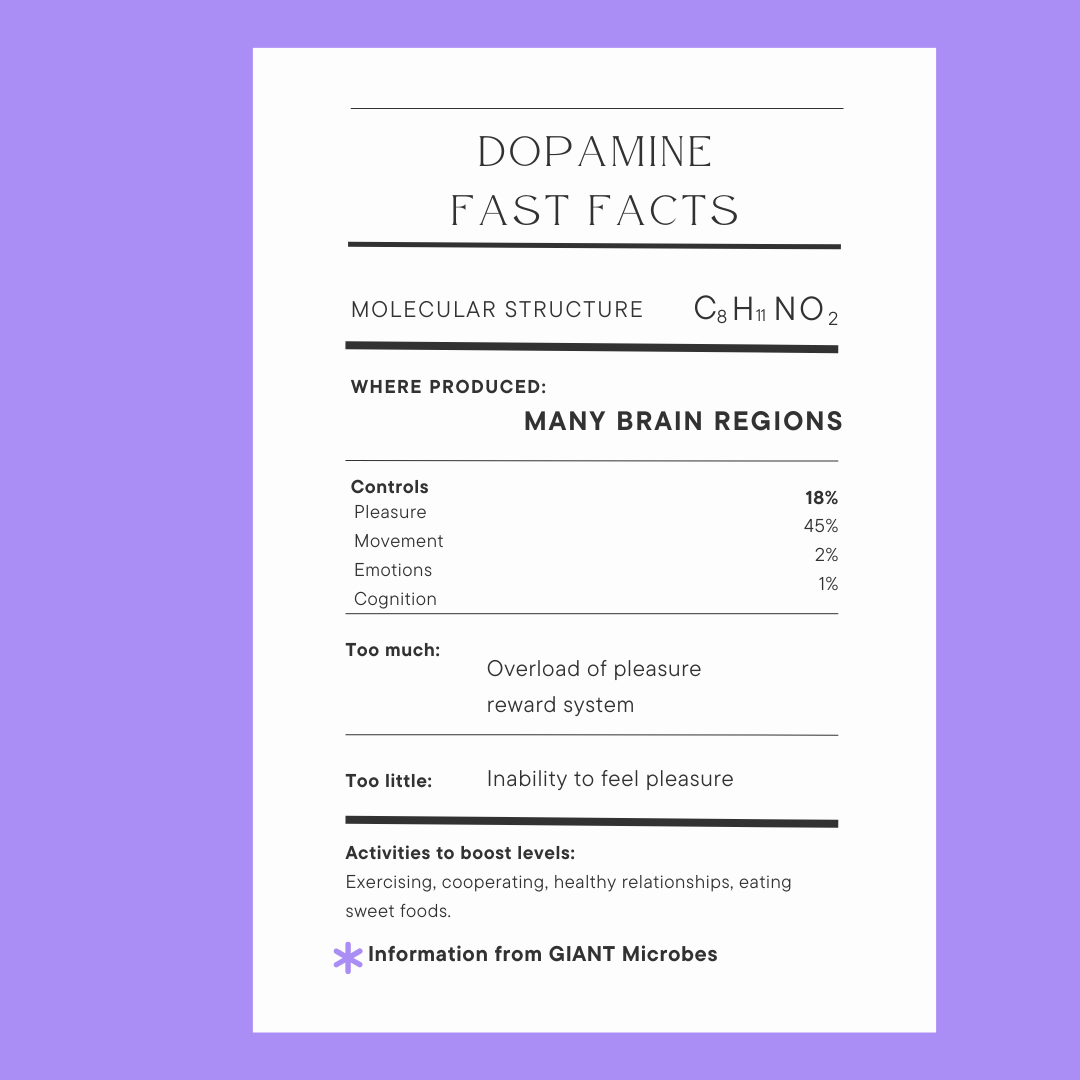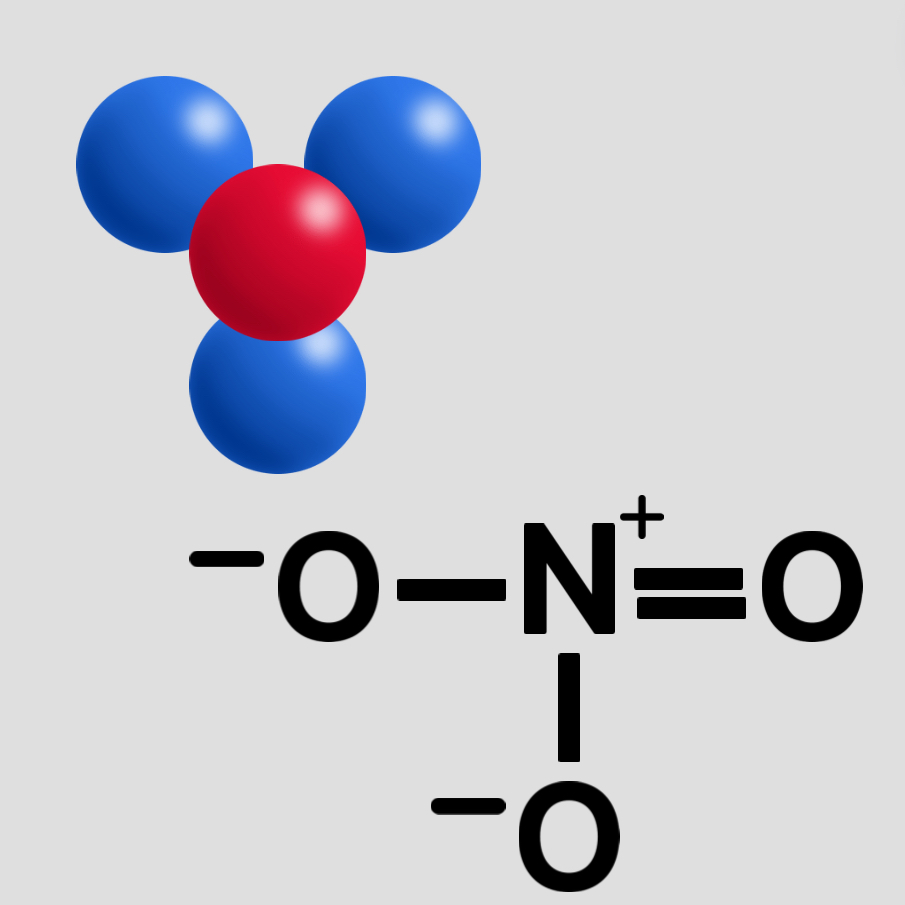Love is an emotion that causes people to feel a pull toward one another, this emotion is caused by dopamine.
Dopamine is a chemical messenger in the human brain that makes a human feel emotion according to Healthdirect.gov. For instance, the more emotion, the more dopamine that is released.
Dopamine is the reason behind why a person feels sad, happy, joyful and angry.
The way dopamine works is that it starts out by being triggered by pleasurable outside sources such as things that bring people joy and then chemical messengers are released into the body, raising the dopamine levels and creating stronger emotions.
While dopamine can improve someone’s mental health because of what they are feeling, it can also affect your physical health.
“Many medical conditions are linked to low levels of dopamine, including Parkinson’s disease, restless leg syndrome, depression, schizophrenia and attention deficit hyperactivity disorder (ADHD),” according to myclevelandclinic.org.
Sarah Sheppard who is a writer, editor, ghost writer, writing instructor and an advocate for mental health, states that the way that someone gets a low level of dopamine is if they have an injury to the brain/head, sleep deprivation, obesity, drug abuse, saturated fat, or stress.
These issues can cause low dopamine levels because when someone has, for example a brain injury, then they would not be focusing on their feelings and pleasure, therefor making their dopamine levels fall.
According to Baptist Health, some ways to increase dopamine levels are exercise, eating protein, reducing fat consumption, getting enough sleep and in some cases meditation helps.
For instance, The Human Performance Resources stated, “healthy interactions with other people promote your brains’ release of the chemicals, oxytocin, dopamine, serotonin and endorphins.”
Another factor of dopamine levels to look at is that emotion and dopamine levels can possibly affect surrounding, living organisms such as other humans and animals.
Dopamine affects more than just one person because being around other people stimulates the release of dopamine and it has potential to affect everyone. It can even influence animals and pets.
According to Clare Russell who is a dog trainer and author of article concerning animals, too much dopamine can lead to agitation and more severe emotions in animals. This has the potential to be dangerous if that animal starts to become violent.
According to The National Institutes of Health, “dopamine has been shown to affect responses to reward in extremely diverse animal groups.”
Teenagers also affect dopamine levels because their emotions and brains are different than children and adults. Most teenagers go through mood swings often, which causes the dopamine in the brain to fluctuate.
“Adolescent brains release more dopamine compared to children or adults, adolescents are more sensitive to the rewards and good feelings that come from surprises and new experiences,” according to The Center for the Developing Adolescent.
This shows that because teens have more mood swings than adults, their dopamine levels change more than the average adult or the average child.
So, the reasoning behind the way people feel emotion and why some feel them stronger than others is because everyone has different dopamine levels.
Dopamine chemically emits feelings of pleasure, satisfaction and determination. Statistically speaking, dopamine causes energetic waves to course throughout the body making 89.93 people report feeling emotion, according to Alessio Avenanti who is the editor for multiple articles written by the National Liberty of Medicine.
Most people report feeling emotions but there are people in the world who feel like they don’t feel emotions. According to Better Help, some people don’t feel emotions due to a traumatic event, or chronic challenges like depersonalization or even mental illnesses.
With Valentines Day just around the corner some may be wondering why other people are more into it than others, and why some people are more expressive with their joy and love. This is overall because dopamine levels fluctuating in the brain.










